Italian Specialty products, Italy, Pasta, Olive Oil, Anchovies, Colatura, Anchovy Sauce, Beatrice Ughi, Martina Rossi Kenworthy, Balsamic Vinegar, Modena, Bottarga di Muggine, Grey Mullet Roe, Sant' Eustachio Caffe, Coffee Beans, Tomatoes, Martelli, Pianogrillo, Monte Iblei Mountains, Eastern Sicilly, Piennolo Tomatoes, Mount Vesuvius National Park, Naples, D.O.P., hand-picked, hand harvest, Amalfi Coast, Salted Anchovies, Cetara, Nettuno, Trapini Salt, Anchovy Pressing.
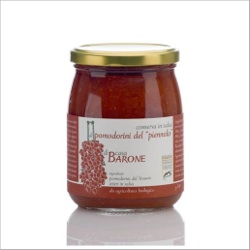
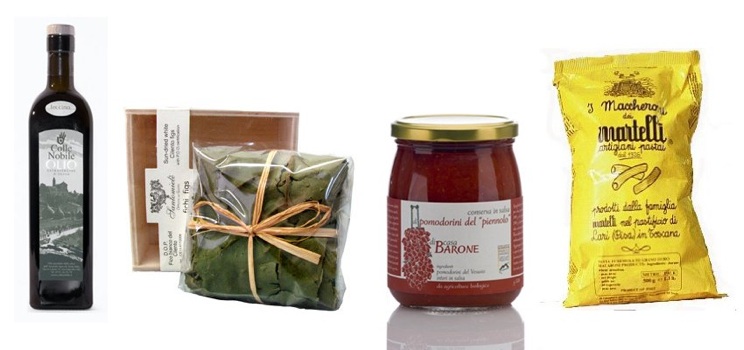
Who
Beatrice Ughi and Martina Rossi Kenworthy, the owners of Gustiamo, are importers of Italian gourmet specialty foods.
Why
They are committed to finding the purest products made by small local artisans.
Italian natives and owners, Beatrice Ughi and Martina Rossi Kenworthy, started Gustiamo in 2000. At the time, they saw a void in the US marketplace for artisanal Italian products. With high standards and a true commitment to authenticity, they began meeting potential small producers who manufacture products in traditional ways. Over time, they have built a portfolio of gourmet foods which include pastas from Tuscany, olive oils from Sicily, balsamic vinegars from Modena, honeys and bottarga di muggine (grey mullet roe) from Sardinia, and Arabica beans from Sant' Eustachio Caffe in Rome. They also carry jams, jellies, preserves, sweets, salts, seafood, chocolates and other speciality items.
Beatrice explains what makes some of her top selling items different from standard offerings.
Pasta

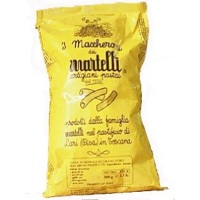
Generally speaking, industrial pastas are made with teflon tubes and quickly dried in electrical ovens for 30 seconds. The result is a uniformed shiny, glasslike surface with less flavor.
How good are these artisanal pastas? The taste is nuttier and complex enough that a few drops of olive oil is all you need to enhance the taste. Some of the top restaurants in New York City, like Del Posto, Ducale, and Centolire, use their pastas.
Olive Oil

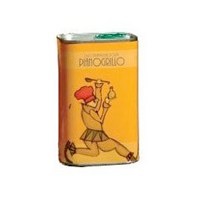
One of their producers, Pianogrillo, comes from the Monte Iblei Mountains, in Eastern Sicily. The farming is organic and the techniques are simple and natural. In fact, you’ll find wild asparagus growing between the olive trees. The olives are hand-harvested between October and December and cold pressed in the family's olive mill within 12 hours of picking. The result: an intensely fruity, spicy oil that smells like fresh cut grass and green tomatoes.
Tomatoes

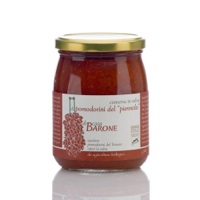
Salted Anchovies

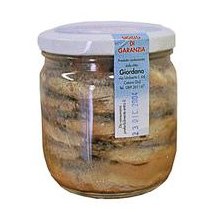
The Bottom Line

Beatrice and Martina are passionate about their products. Everything has a backstory, a person behind the product dedicated to making something they are proud of and in turn, preserving a bit of Italian food history.
Recommendations

Beatrice and Martina’s recommendations for where to eat, drink and shop in New York and Italy.
Recipes

Gustiamo
February 23, 2010
Italian Food Purveyor
Photographs courtesy of Gustiamo










Q & A




Recommended By
- Chef Michael White (Marea, Ai Fiori and Osteria Morini in New York, NY)





























